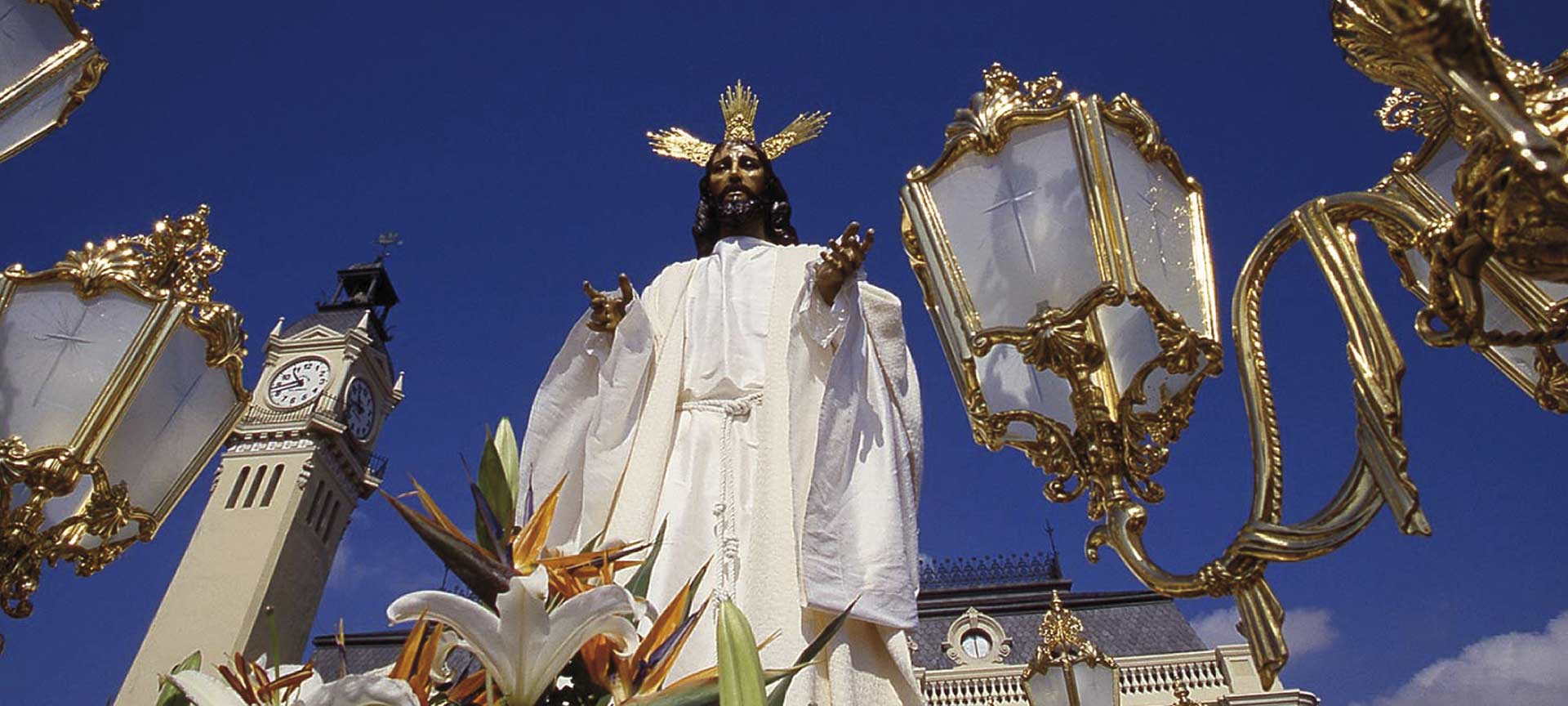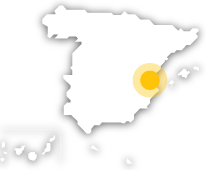
Valencia-València
The maritime quarters of the city of Valencia celebrate this religious festivity with a longstanding tradition, which has three crowning moments: the Blessing of the Palms, the Procession of the Holy Burial, and the Resurection Pararde.
The origins of this festivity date back to the 15th century, and Valencia's special relationship with the sea make it a unique adaptation of the typical Easter Week rituals.
Debe activar Javascript para poder utilizar este servicio
Maritime Easter Week in Valencia
Valencia, Valencia-València (Region of Valencia)
Activa JS



